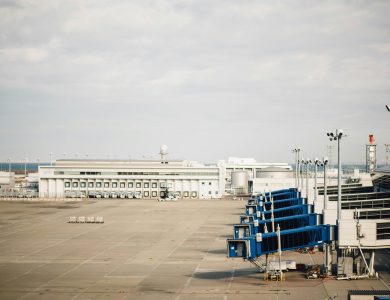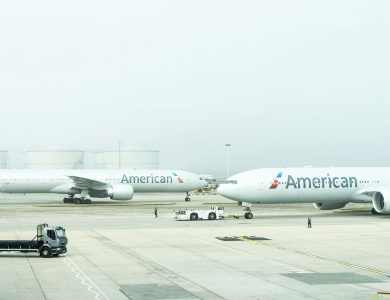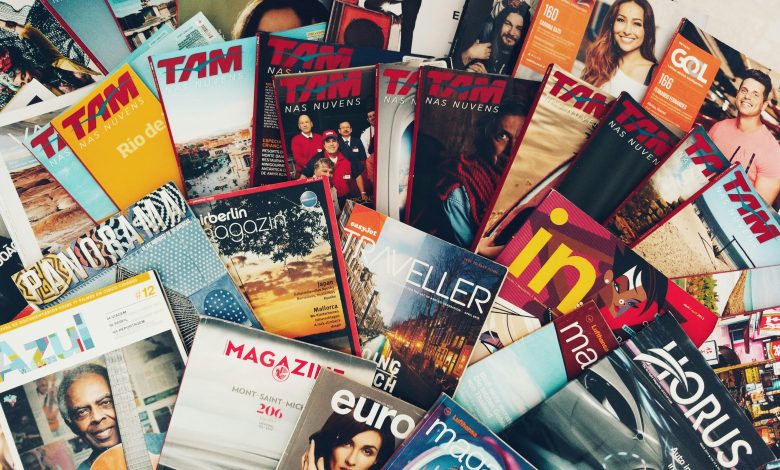
In the vast expanse of the skies, where the journey is as significant as the destination, airlines have long enticed travelers with the promise of bonus miles—a currency of loyalty that transforms ordinary flights into gateways of future adventures. These seemingly magical points have woven themselves into the fabric of modern travel, allowing frequent flyers to dream of upgrades, lounge access, and free trips. Yet, in an era marked by heightened environmental awareness and shifting consumer priorities, a question hovers like a distant contrail: Should airlines continue to offer these bonus miles? This article delves into the multifaceted debate, exploring the benefits and drawbacks of this long-standing practice, and examines whether it’s time for the aviation industry to chart a new course in its relationship with loyal customers.
Evaluating the Environmental Impact of Frequent Flyer Programs
The allure of frequent flyer programs lies in the promise of exclusive rewards and luxurious travel perks. Yet, as more passengers chase after these benefits, the environmental cost of additional flights comes into sharper focus. Airlines often incentivize passengers to fly more by offering bonus miles, which can lead to an increase in unnecessary travel. This, in turn, results in higher carbon emissions and contributes to climate change. As travelers become more environmentally conscious, there is growing debate over whether these programs should be restructured to minimize their ecological footprint.
- Increased Carbon Emissions: More flights mean a higher carbon footprint, which contradicts global sustainability goals.
- Passenger Behavior: Offering bonus miles encourages frequent travel, often for non-essential trips.
- Corporate Responsibility: Airlines are under pressure to align with environmental commitments, making bonus mile incentives a controversial topic.
Reimagining frequent flyer programs could involve a shift towards promoting more sustainable travel habits. Airlines might consider offering alternative rewards, such as carbon offset credits or discounts on eco-friendly travel services. Such initiatives could help balance customer loyalty with the need to protect our planet, fostering a travel industry that is both rewarding and responsible.
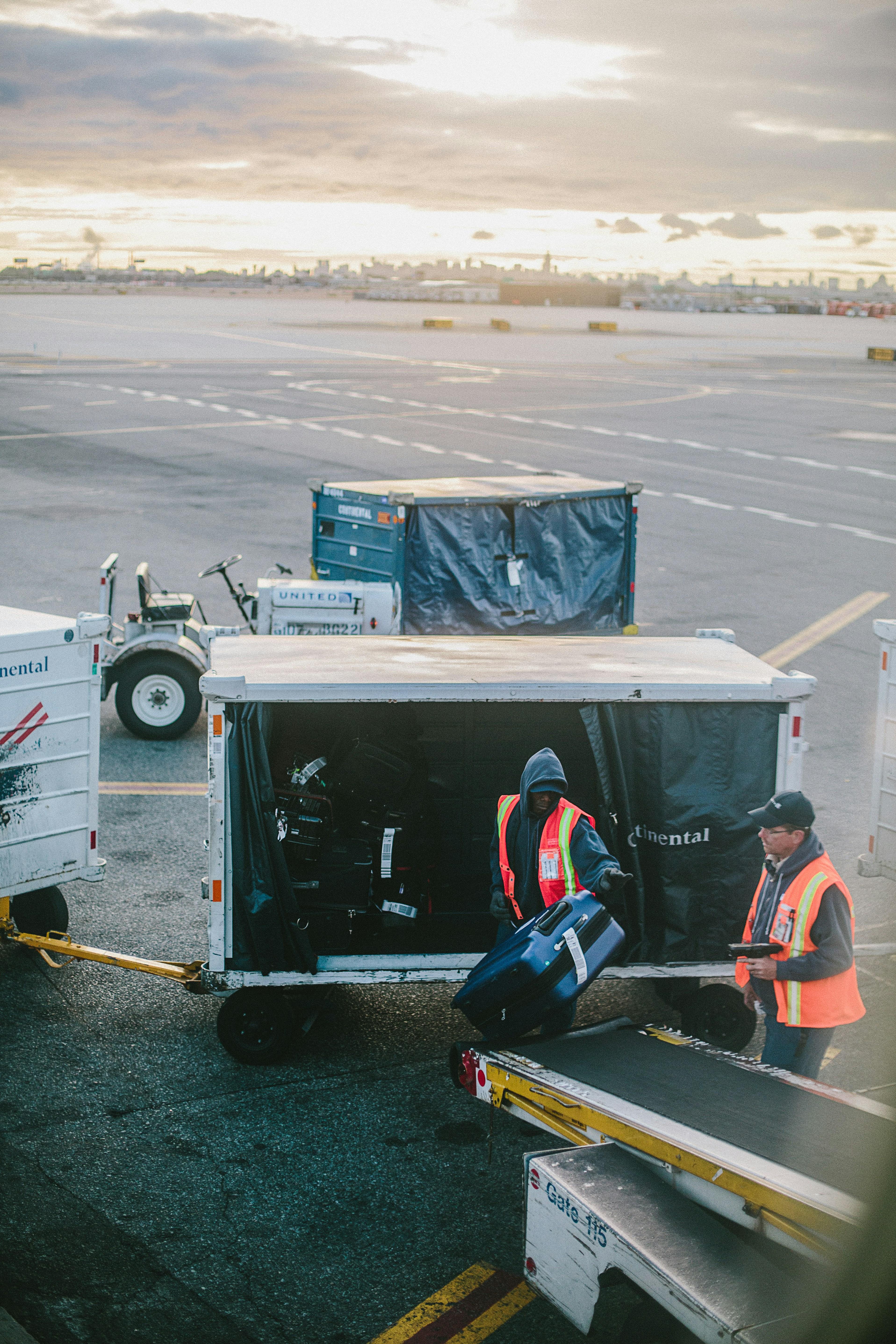
Balancing Customer Loyalty with Sustainability Goals
- Enhancing Customer Experience: Bonus miles have long been a staple in fostering customer loyalty, rewarding frequent travelers and enticing new customers. These programs are designed to create a sense of belonging and appreciation among passengers, encouraging them to choose the same airline for their future journeys.
- Environmental Impact: However, as the aviation industry grapples with its carbon footprint, airlines are reconsidering these incentives. Bonus miles, while beneficial for customer retention, indirectly promote increased air travel, leading to higher emissions. Airlines are now exploring more sustainable practices, such as investing in carbon offset programs and enhancing fuel efficiency.
To maintain a balance between loyalty and sustainability, airlines could innovate their loyalty programs by offering rewards that contribute positively to the environment. Options like allowing customers to redeem miles for sustainable travel experiences or donations to environmental causes could serve dual purposes. Such initiatives not only uphold customer loyalty but also align with broader sustainability goals, creating a win-win situation for both airlines and eco-conscious travelers.

Exploring Alternatives to Traditional Bonus Mile Incentives
As airlines reassess the value of traditional bonus mile incentives, a variety of innovative approaches have emerged to capture the attention of savvy travelers. Loyalty programs are increasingly shifting towards more personalized experiences that cater to individual preferences rather than the one-size-fits-all model. These alternative incentives can include:
- Exclusive access to airport lounges, providing a serene environment away from the bustling terminals.
- Priority boarding and expedited security checks, offering a seamless travel experience.
- Customizable travel packages, allowing passengers to tailor their journeys with additional perks such as hotel stays or car rentals.
- Sustainable travel options, appealing to the eco-conscious traveler by offering carbon offset programs.
By focusing on unique and memorable experiences, airlines can not only foster greater loyalty but also differentiate themselves in a competitive market. Such strategies may resonate more deeply with a new generation of travelers who prioritize value over volume in their travel rewards.
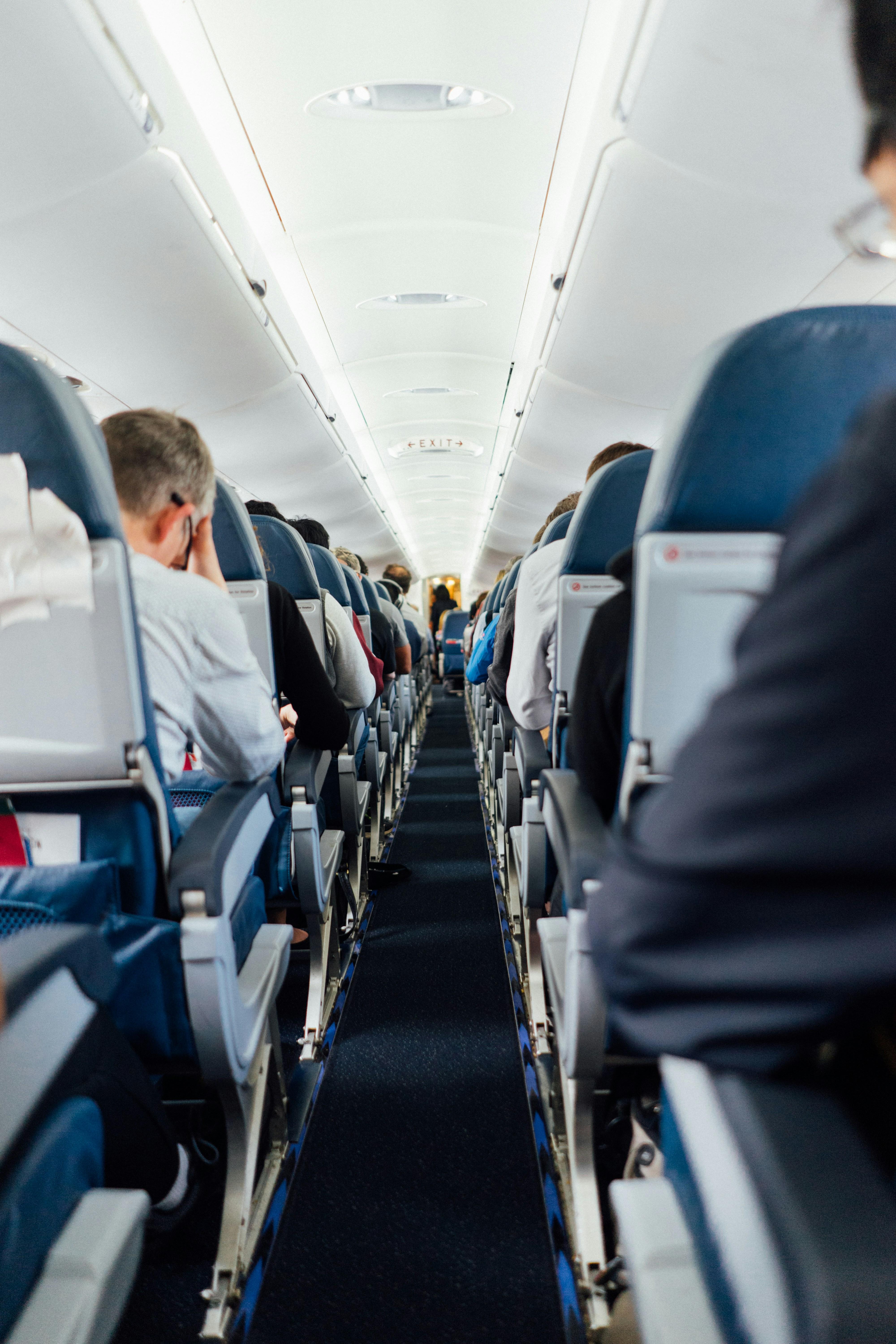
Strategic Recommendations for Airline Reward System Overhaul
In the rapidly evolving landscape of airline loyalty programs, reimagining the reward system is essential to meet the changing expectations of travelers. One strategic recommendation is to diversify the range of rewards beyond traditional bonus miles. Airlines could consider offering personalized experiences and exclusive partnerships that cater to different customer segments. For instance:
- Luxury travel packages that include hotel stays, car rentals, and dining experiences.
- Access to premium airport services, such as fast-track security or exclusive lounges.
- Non-travel related rewards, like concert tickets or shopping vouchers, that appeal to a broader audience.
Another crucial aspect is to leverage data analytics to create a more customized and engaging reward system. By understanding customer preferences and behaviors, airlines can offer targeted incentives that resonate more deeply with their frequent flyers. This approach not only enhances customer satisfaction but also builds brand loyalty in a competitive market.

